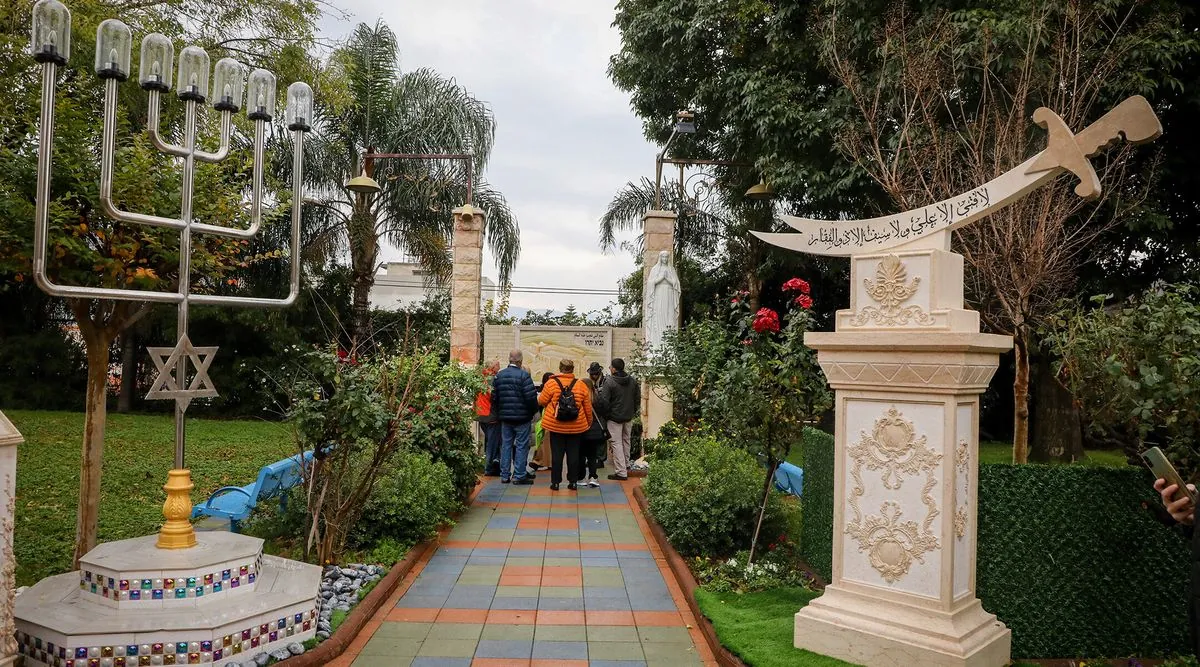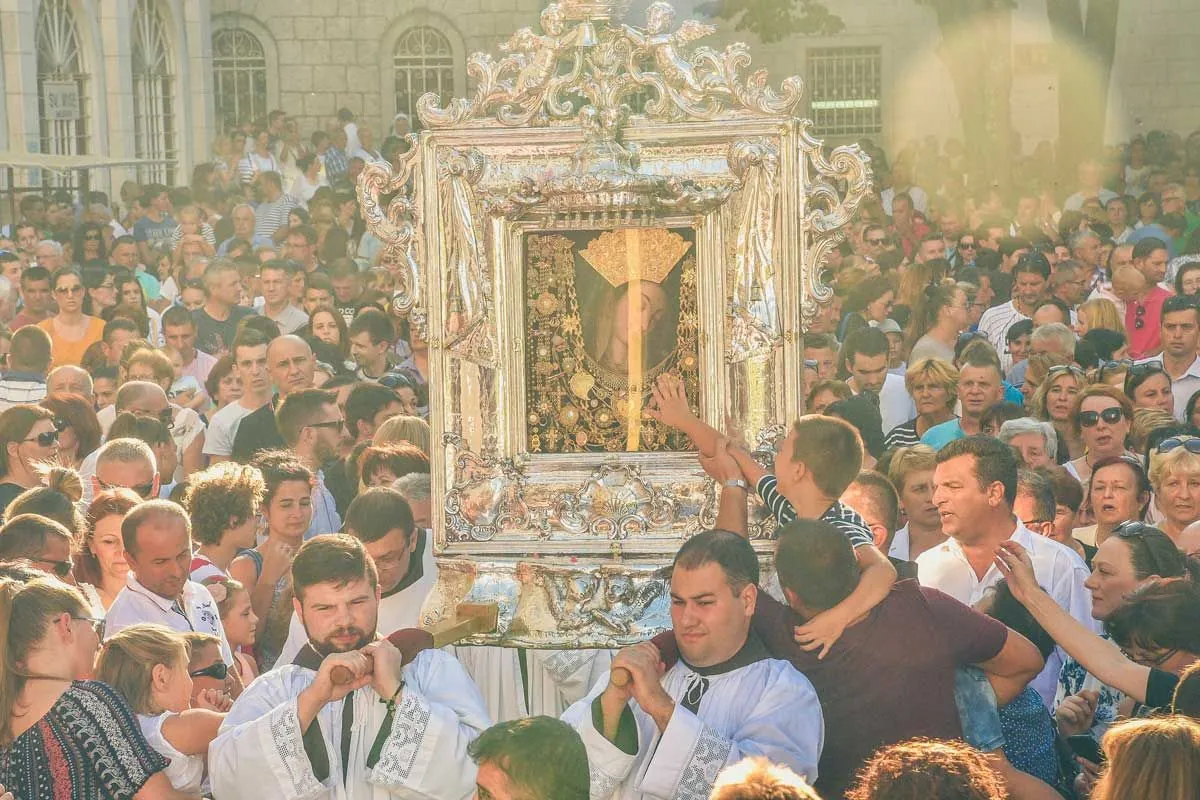Lebanese Christians Divided as Tensions Rise Near Israeli Border
Contrasting Assumption celebrations in Lebanese villages highlight growing concerns among Christians. Security fears and Hezbollah's influence spark debate about Lebanon's future amid regional tensions.

In a stark contrast to previous years, the Assumption of the Virgin Mary celebrations on August 15, 2024, in Lebanon's southern village of Ain Ebel near the Israeli border were markedly subdued. The once-vibrant festivities have been overshadowed by security concerns and the absence of many Lebanese expatriates who typically return for the summer.
Imad Al-Lous, head of Ain Ebel Municipality, described the somber atmosphere: "This year, we find ourselves in a very sad situation. The town is empty, the roads are deserted, and many are afraid to come because of the constant threat of bombings." The celebration was reduced to a modest procession through the town, accompanied by prayers and hymns.

The mood in Ain Ebel reflects growing tensions among Lebanon's Christians, who had hoped their southern villages would be spared from Israeli attacks. These fears intensified following an Israeli strike on the predominantly Christian village of Marjayoun on August 9, 2024, which resulted in two Hezbollah fighters' deaths and four civilian injuries.
Lebanon's complex religious landscape, with 18 recognized groups, has long been a source of both diversity and tension. Christians, comprising about 30.5% of the population according to the U.S. Department of State, are increasingly concerned about the influence of Hezbollah, an Iran-backed political and militant group founded in 1985.
Bechara Boutros Al-Rai, Lebanon's top Christian cleric, addressed these concerns in a recent sermon: "A Lebanon of a single colour is not Lebanon. A Lebanon of a single party is not Lebanon. A Lebanon where a single opinion is imposed by an individual or a group is not Lebanon." His words highlight the ongoing struggle to maintain Lebanon's unique power-sharing system based on religious affiliations, established after gaining independence from France in 1943.
"A Lebanon of a single colour is not Lebanon. A Lebanon of a single party is not Lebanon. A Lebanon where a single opinion is imposed by an individual or a group is not Lebanon."
The situation is further complicated by Lebanon's history of conflicts with Israel, including a major war in 2006, and the ongoing economic crisis that began in 2019. These factors, combined with the aftermath of the 2020 Port of Beirut explosion, have significantly impacted the country's stability and its once-thriving tourism industry.
In contrast to the tense atmosphere in the south, the predominantly Maronite Christian town of Faraya, less than an hour's drive from Beirut, celebrated the Assumption with a more festive spirit. Sally Accaoui, a 40-year-old marketing manager, expressed the importance of maintaining a sense of normalcy: "Whether we are here or elsewhere outside the vibe of Beirut and the tension of Beirut, this is very important for children especially to feel safe."
As Lebanon grapples with these internal divisions and external pressures, its people continue to demonstrate resilience, symbolized by the cedar tree on the national flag. The country's rich cultural heritage, including five UNESCO World Heritage sites, serves as a reminder of its enduring significance in the region.
An anti-war protest scheduled in central Beirut on the evening of the Assumption celebration marks the first such demonstration since the exchange of fire between Hezbollah and Israeli forces began 10 months ago, following the start of the Hamas-Israel war on October 7, 2023. This event underscores the growing desire among many Lebanese for peace and stability in a country that has long been affected by regional conflicts and internal strife.


































